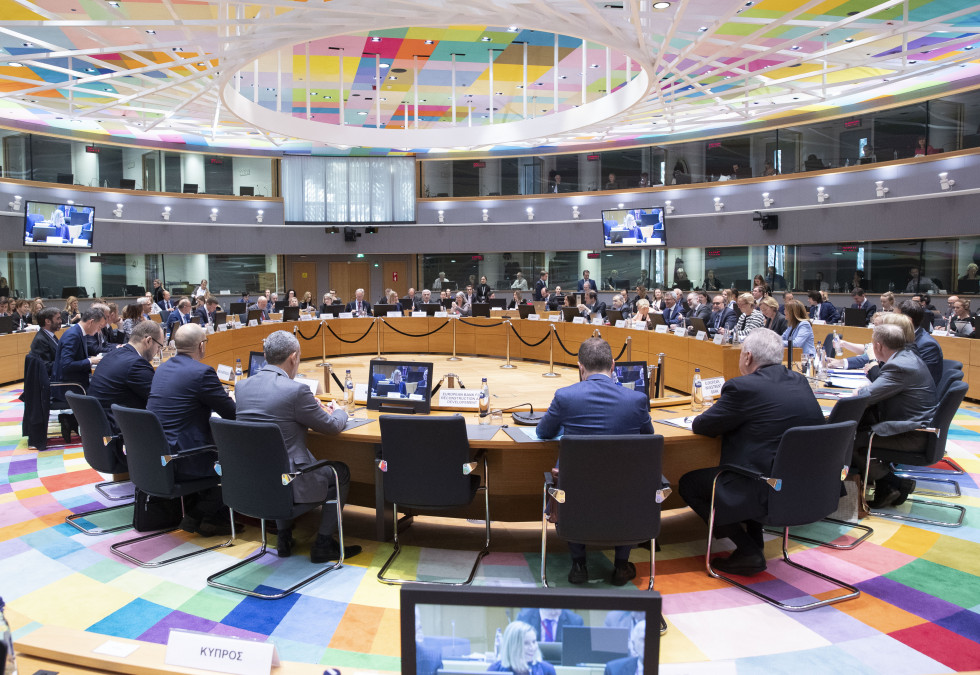State Secretary Leskovar attends EU Foreign Affairs Council meeting in development ministers’ format
- Ministry of Foreign Affairs
The ministers also touched on the Union’s future financial architecture for investments outside the EU on the basis of the final report. The debate upheld the findings of the report that the existing European system is complicated, fragmented and lacking in visibility and that the Council of the EU and the European Council should provide stronger political and strategic guidelines. The report provides the basis for setting up a more effective system aimed primarily at sustainable development effect.
State Secretary Leskovar underlined Slovenia’s interest in better coordinated and effective resource-management on the part of all EU stakeholders, thus maximising the synergies. This would also improve the visibility of the EU, the greatest development cooperation donor. Slovenia advocated for a more inclusive approach, whereby smaller Member States would be given appropriate access to the financing of development projects.
The ministers went on to discuss the activities and methods of providing assistance to countries in transition, especially Ethiopia and Sudan. State Secretary Leskovar believed that the EU and its Member States should strive to adopt a comprehensive approach to supporting Ethiopia and Sudan in transition. Security efforts must go hand in hand with humanitarian and development efforts to achieve sustainable changes in the political, economic and social spheres in these countries and the wider region, she asserted.
The debate on gender equality and education in development cooperation system focused on gender equality and education in Africa. Slovenia is striving to enhance international efforts to achieve gender equality and believes that women’s rights in the international development cooperation system need special attention. As regards education in developing countries, Slovenia supports efforts to include both sexes in decision-making.


